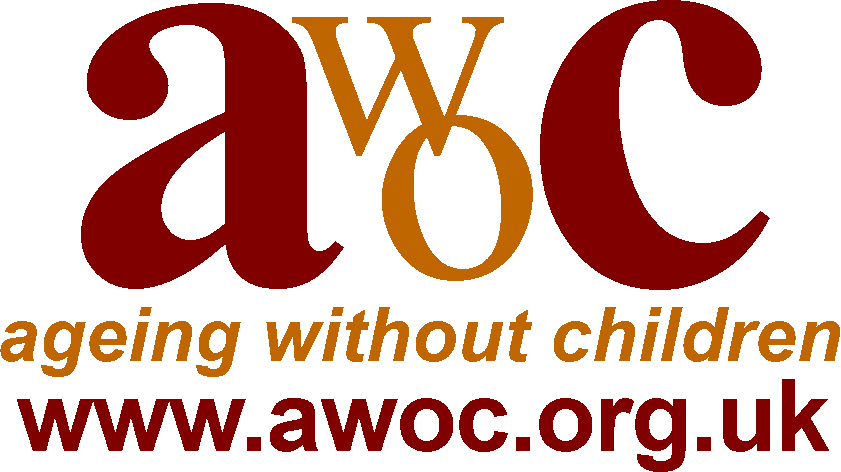So suggests Paul Morland in todays Sunday Times. He acknowledges this may be unfair on those who cant or wont have children but says that “we all rely on there being a next generation and that everyone should contribute to the cost of that generation” Funny I thought the taxes that I pay already did that!
The chances of this happening I would suggest are very small but that is not the problem. The problem is that is plays into the ongoing and very wearying narrative that those of us without children are somehow not full and proper members of society.
In “Our Voices – the experiences of people ageing without children”, AWOC said that
“There are in our society still strong taboos associated with being an adult without children. People who have chosen not to be parents, in particular, face a lot of criticism, and the implication is that they ‘deserve’ anything that happens to them in later life, as they should have thought about that before. Even for those who wanted children but were unable to have any, there is a suggestion that they have no stake in the future, have no interest in what happens to society at large, and are ‘less finished, less emotionally complete, and less capable’”
If anything the assumptions around childless/childfree have become worse. There have been suggestions that politicians who do not have children are responsible for all the ills of Europe (just type childless European leaders into Google) and that childless/childfree people should not have the vote because they don’t have a stake in the future. Hell even Mary Berry managed to weigh in by suggesting her baking was better than Delia Smith’s because she had children to taste her cakes.
The problem is that once the childless/childfree are positioned as not full contributing members of society it’s easier to ignore them. People ageing without children say they feel invisible and marginalised, ignored in discussions on ageing, and lacking a place in a family-orientated society. Suggestions such as tax the childless only reinforce this invisibility and marginalisation. This is why the understanding of the impact on the health and social care service of ever rising numbers of older people without children remains with a few isolated examples, largely superficial and lacking solutions.
Age UK’s report, “The End of Formal Adult Social Care?” highlighted that:
“Reduced access to formal social care means many are increasingly reliant on unpaid carers including family and friends whose numbers continue to grow. The most up to date and reliable information on informal carers comes from the 2011 Census. This showed a stark increase in the number of carers in England and Wales, from 5.2 million in 2001 to 5.8 million in 2011. Women were notably more likely to be unpaid carers than men, accounting for 57.7 per cent of unpaid carers in England and Wales. Women aged 50–64 are particularly likely to take on caring roles – in 2011 nearly one in four women of this age took time to care for others”
Whether or not people expect their children to care for them in their old age, the reality is that many adult children do and, even more importantly, the state assumes and expects that they will. We have still not even begun to understand the impact of hundreds of thousands of older people without family needing care in a post Brexit world. Taxing the childless in a world where the state cannot even guarantee that childless or childfree older people needing care will be properly supported seems a peculiarly tone deaf suggestion
but then Dr Morland has 3 children….
